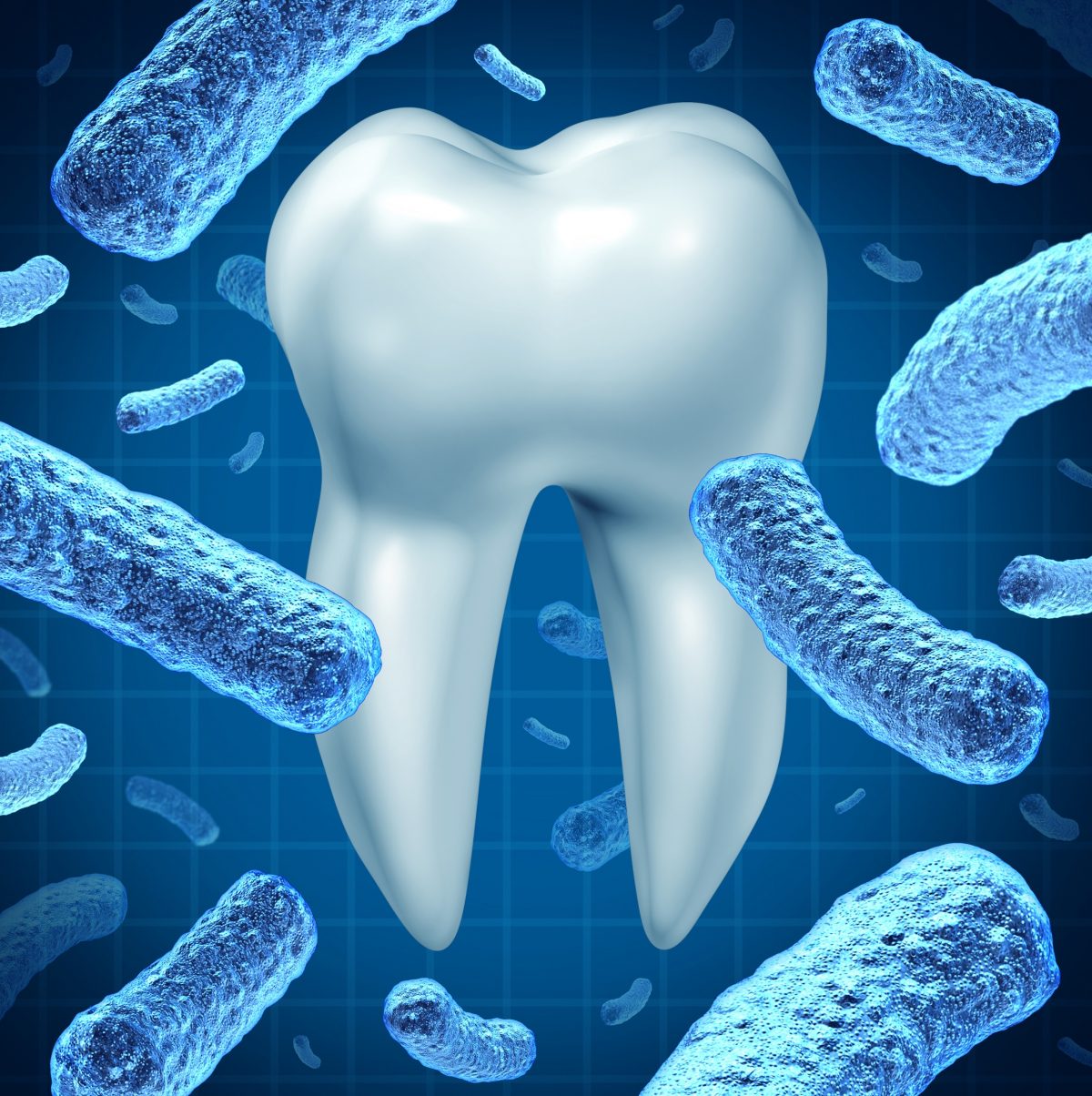The human mouth is a bustling ecosystem, home to a diverse community of microorganisms, including bacteria. While these microscopic residents play crucial roles in maintaining oral health, an intricate dance unfolds when sugar enters the scene. This blog post delves into the fascinating interaction between sugar and bacteria in the mouth, shedding light on the consequences of this sweet partnership.
As we indulge in sweet treats and sugary beverages, our taste buds revel in the delightful sweetness. However, the celebration doesn’t end there. Sugars act as a potent energy source for bacteria residing in the oral cavity. The most notorious culprits are Streptococcus mutans and Streptococcus sobrinus, bacteria that thrive on fermentable carbohydrates, breaking them down into acids.
The Acidic Tango:
When bacteria feast on sugars, they produce acids as metabolic byproducts. This sets the stage for an acidic tango that can have detrimental effects on oral health. The acids erode tooth enamel, the protective outer layer of the teeth, leading to the formation of cavities and dental decay. The more frequent the sugar consumption, the more intense this corrosive dance becomes.
Biofilm Formation:
Bacteria aren’t lone performers in this oral drama; they team up to create biofilms. These sticky, slimy layers of bacteria and sugars adhere to tooth surfaces, forming a breeding ground for further microbial activity. This biofilm, commonly known as plaque, becomes a hotbed for bacterial proliferation, contributing to the development of oral diseases.
Sweet Temptations and Oral Hygiene:While the interaction between sugar and bacteria may seem like an inevitable consequence of enjoying sweets, maintaining good oral hygiene can tip the balance in your favor. Regular brushing, flossing, and dental check-ups help remove plaque and prevent the escalation of bacterial activity, keeping your mouth in harmony.
The Role of Saliva:
Saliva acts as a natural defender against the sugar-bacteria duet. It contains minerals that neutralize acids and enzymes that aid in the remineralization of enamel. Chewing sugar-free gum can stimulate saliva production, providing a helping hand in mitigating the effects of sugar on oral health.
The interaction between sugar and bacteria in the mouth is a complex dance with potential consequences for oral health. While sugar undoubtedly fuels bacterial activity, practicing good oral hygiene and mindful sugar consumption can help maintain a healthier balance. So, the next time you reach for that sweet indulgence, remember the intricate symphony playing out in your mouth and take steps to keep the harmony intact.
If you would like to find out more, contact Dr. Ahmadi at 323-312-0500 to schedule a consultation or visit www.dentalandimplantcare.com for additional information.
Dr. Mike Ahmadi proudly serves Bell and all surrounding areas.


